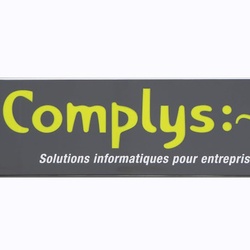An ERP (Enterprise Resource Planning) consultant is an expert who helps businesses integrate and optimize ERP systems. These systems manage critical operations such as finance, human resources, inventory, and production.
What Does an ERP Consultant Do?
ERP consultants play a key role in analyzing business needs, selecting the right ERP system, implementing it, and optimizing it. They work closely with various departments to ensure the system meets the organization’s specific requirements.
Key Services Offered by ERP Consultants
Needs analysis and business process audits.
ERP software selection and customization.
Implementation, data migration, and integration.
User training and technical support.
Continuous system optimization and maintenance.
The Importance of Localized Expertise in Laval
In a specific market like Laval, it is crucial to collaborate with ERP consultants who understand the local nuances, regulations, and cultural expectations. Localized expertise ensures tailored solutions and support that align with the realities of businesses in the region.
How We Ranked the Best ERP Consultants
Criteria Used for Evaluation:
Quality of project portfolios.
Client reviews and testimonials.
Industry experience.
Understanding of the local market in Laval.
Methodology for Selecting the Best Agencies
We analyzed past performance, successful case studies, and the consultants' ability to deliver solutions tailored to the unique needs of businesses in Laval.
Benefits of Working with an ERP Consultant in Laval
How ERP Consultants Can Help Your Business Grow
ERP consultants help businesses streamline operations, reduce costs, and improve efficiency. They provide solutions tailored to the specific needs of the in Laval market.
Specific Benefits for the Laval Market
By collaborating with local experts, you gain personalized solutions that account for local regulations, market trends, and customer expectations.
Tips for Choosing the Right ERP Consultant
Factors to Consider
Your budget and specific needs.
The consultant’s expertise in your industry.
Their communication style and compatibility with your team.
Questions to Ask During Consultations
What similar projects have they completed?
What is their process for ERP implementation?
What type of technical support do they provide after installation?
Importance of Alignment with Your Brand’s Goals
Ensure the consultant understands your strategic objectives and offers ERP solutions that effectively support them.














